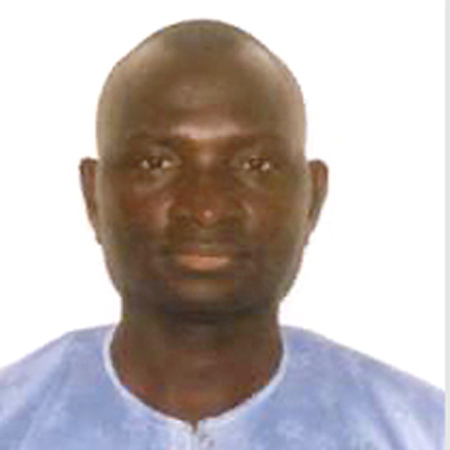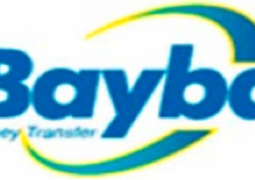
Members of the National Assembly meeting in Banjul Monday ratified the United Nations 1999 convention against financing of terrorism, and the 2003 UN convention against corruption. Ousman Sonko, the minister of the Interior, brought the motions for ratification to the legislature.
He said at the forefront of international organisations in the fight against terrorism and terrorist financing is the United Nations.
“The UN has urged all countries to ratify relevant UN conventions to this effect. The key convention designed to combat terrorism financing is the UN international convention for the suppression of the financing of terrorism (1999).
“This is a key international instrument for the fight against terrorism financing. It calls on nation states to take appropriate domestic steps, and for international cooperation in making sure terrorist and those who finance terrorism do not have access to the financial system to perpetrate their acts.”
According to the Interior minister, “this convention has been signed and ratified by many countries in the world, bringing them in line with the international standards in the global fight against terrorism.
He added that “The Gambia is yet to ratify this convention, even though it has taken giant steps against terrorism and terrorism financing by enacting the Anti-Terrorism Act 2002, the Anti-Money Laundering Act 2003 and, most recently, the Anti-Money Laundering and Combating of Terrorism Financing Act 2012.”
The Gambia, he further stated, has already enacted laws incorporating the requirements of this convention; however, the country has not ratified it. This made it appear that the country is non-compliant in ratifying this convention on the fight against terrorism and terrorism financing.
“The non-ratification of this convention has been featured as a non-compliance issue at the ECOWAS plenary and inter-ministerial inter governmental action group against money laundering and terrorism financing, GIABA,” the Interior minister pointed out.
“Thus, this ratification will strengthen Gambia’s position in the fight against terrorism and
terrorist financing. It will go further in strengthening the country’s position in promoting global peace and security, as evidenced by the country’s full participation in the UN, AU, and ECOWAS peace keeping missions.”
Regarding the UN convention against corruption, the Gambian minister although many developing nations, especially in Africa, are endowed with priced natural resources, “yet they continue to struggle due to corruption and mismanagement of these priced natural resources.
“It was estimated that between US$1 trillion and US$1.6 million is lost each year to various illegal activities including corruption, criminal activity such as drugs, counterfeit goods, piracy, and illegal arms trade, and tax evasion.”
Interior minister Sonko added that corruption is a serious roadblock to economic development, and undermines stability, especially in the world’s most vulnerable in the regions.
“Corruption can undermine social and economic development in all societies. No country, region or community is immune.”
The UN convention against corruption, UNCAC, came into force in 2005 and had been ratified by more than 155 countries, that is, more than two thirds of UN member states.
“It is one of the international legal instruments to fight corruption. The convention obliges states to prevent and criminalize corruption, to provide International cooperation, to recover stolen assets and to improve technical assistance and exchanging of information in both the private and public sectors.”
According to the minister, other measures include the establishment of anti corruption bodies and enhanced transparency; thus, states are required to ensure that public services are subjected to safeguards that promote efficiency and transparency.
Secondly, the convention required countries to establish criminal and other offences to a cover wide range of acts of corruption, if these crimes are not already under domestic laws; the convention also criminalizes not only basic forms of corruption such as bribery and the embezzlement of public funds, but also the concealment and laundering of proceeds of corruption.
Private sector corruption is also covered, as are money laundering and obstructing of justice.
Thirdly, the convention also required countries to cooperate with one another in every aspect in the fight against corruption, including prevention, investigation and the prosecution of the offenders.
In addition, countries are bound by the convention to render specific forms of assistance in gathering and transferring of evidence for use in courts, so as to expedite prosecution of offenders.
Countries are further required to undertake measures which will support the tracing, freezing, seizure and confiscation of the proceeds of corruption.
The Interior minister further stated that the convention addresses the thorny issue of assets recovery, “which is the fundamental principle of the convention.”
“This is a particularly important issue for many countries, particularly for developing countries where high-level corruption has plundered the national wealth and where resources are badly needed for reconstruction and other development projects.”



